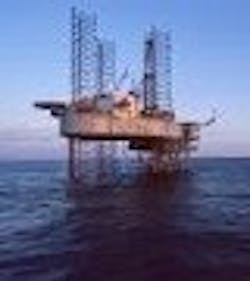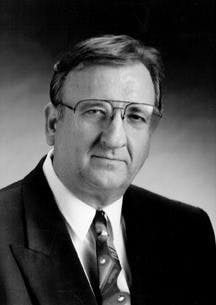|
I |
f the Big Chemical Company you work for is like many others, they are offshoring like crazy. Instead of building greenfield plants here in North America, they are building them in Third-World countries, far from pesky environmental laws, nosy ol’ OSHA safety rules, the Kyoto Treaty and unions. It’s getting too expensive to build and operate a new plant here, so companies build offshore.
Offshoring is a way of life now. But it’s risky. If you play on your company’s fears, maybe you can build an empire.
One risk is that the country may nationalize the plant. A bunch of rebels might overthrow the government and take away your company’s billion-dollar plant.
Another problem is that the more attractive a country is for a plant–because it has cooperative government officials, no environmental laws, cheap resources, and low taxes–the riskier it may be for North American employees.
That makes it tough to find skilled process control engineers and technicians who will work there. Nobody wants to work in a remote country under armed guards, far from home and family. As we’ve pointed out here before, working “over there” can be like living in a powder keg, just waiting for a tense situation to explode. Even in the good old days, when control engineers worked for ARAMCO in Saudi Arabia, their housing was enclosed in barbed wire, protected by armed guards.
|
"Offshoring is a way of life now. But it’s risky. If you play on your company’s fears, maybe you can build an empire." |
Because of this, many Third-World process plants are configured to make only a single product, and the plants are tuned to run safely and simply, but not efficiently. This lets the plant be run by local operators who, a year ago, may have been herding goats. To prevent the locals from messing with the process, control equipment is kept locked up. HMIs let operators see displays, but they can’t change settings.
Now is the time for you to step forward and say, “I know how to protect our investment. I can keep them from taking our plant, and I can run our plants more efficiently.”
How? Here’s how: Certain control functions do not need to be done in real time. This includes management of batch recipes, performing loop analysis, SCADA and HMI tasks, and running all the IT programs, such as ERP, MES, CMMS, and so on. All these supervisory functions can be taken out of the process plant and put on a secure server somewhere in North America. It’s called co-location or data centers or server farms (see “Distributed Intelligence,” Sept. ’04, p58).
So here’s the plan: Recommend to your company that all HMI, SCADA, supervisory control, and IT functions be taken out of the offshore plants and brought back here. This accomplishes several objectives:
The offshore plants will become completely dependent upon the U.S. operation. Nothing will happen in the plant unless the U.S. supervisory system downloads a recipe and sends instructions on what to make, how to make it, and what to do with it afterward.
If the plant is nationalized, you simply shut it down. The rebels will never be able to run the plant again. In fact, you might want to download a few choice controller settings that will ensure certain parts of the plant lock up. Think of what you could do with valve sequencing logic! This is sort of like “spiking the cannons”—the method soldiers used until the late 1800s to temporarily disable artillery by driving a nail into the cannon’s fuse hole.
Being able to shut the plant down any time you want gives you leverage with uncooperative governments.
Your job is secure, because you and your team are the only ones who know how to make it all work. Your job cannot be outsourced to India or China.
When you figure out how to make the supervisory software work from afar, then there is no reason to ever put instrument and control engineers, technicians, and operators in harm’s way again. Instead, engineers, operators and techs can tune the plant, watch over day-to-day operations, and diagnose problems from here. You will be able to run all of your global plants from corporate headquarters in North America.
About the Author
Rich Merritt
Senior Technical Editor

Leaders relevant to this article:

